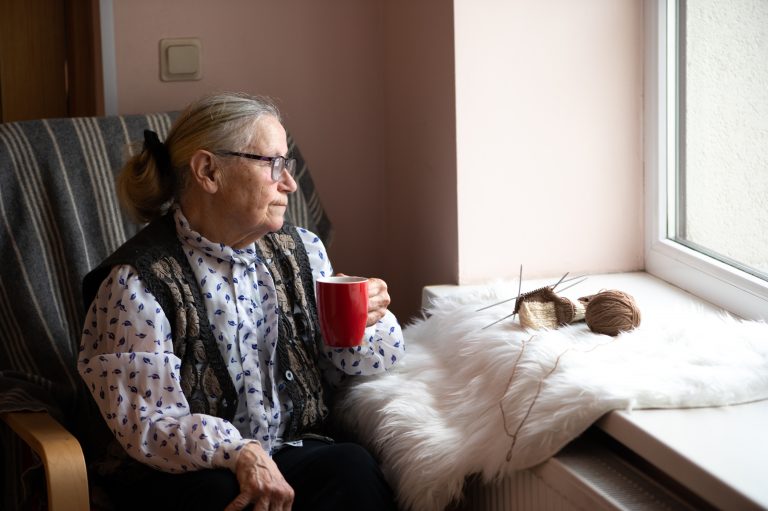The lump sum that you pay for your room (known as the Refundable Accommodation Deposit or RAD) comes back to your estate when you pass away.
If you have paid a lump sum for your room in a residential care facility, you give up access to this money whilst you are in care, but these funds remain part of your estate which can be left to your beneficiaries. The full amount is refundable (unless you have allowed any ongoing care fees to be deducted instead of paying these costs via your bank account).
The nursing home does not pay you any interest on your money whilst you are living there. However, paying this lump sum will save you the cost of the daily fee that you would otherwise pay (known as the Daily Accommodation Payment or DAP – which is not refundable). The current interest rate if paying via DAP is 7.90%!
However, you do earn interest from the date that you pass away until the date the RAD is paid out. The rate is currently 2.25% and the nursing home has 14 days from when it sees a copy of probate to pay the refund. If they take longer, then the interest goes up to 7.9%. The interest is taxable income to your estate.
When you pass away, the nursing home may require a copy of probate to ensure the person who is collecting the funds is legally able to do so for your estate. However, some nursing homes may not ask for a copy of probate and will just pay the refund when your belongings are collected. At the end of the day, it is up to the nursing home whether they want to see a copy of probate or not.
An important thing to remember is that the RAD can only be paid back to the person leaving care (or their estate), even if the funds were provided by someone else.


